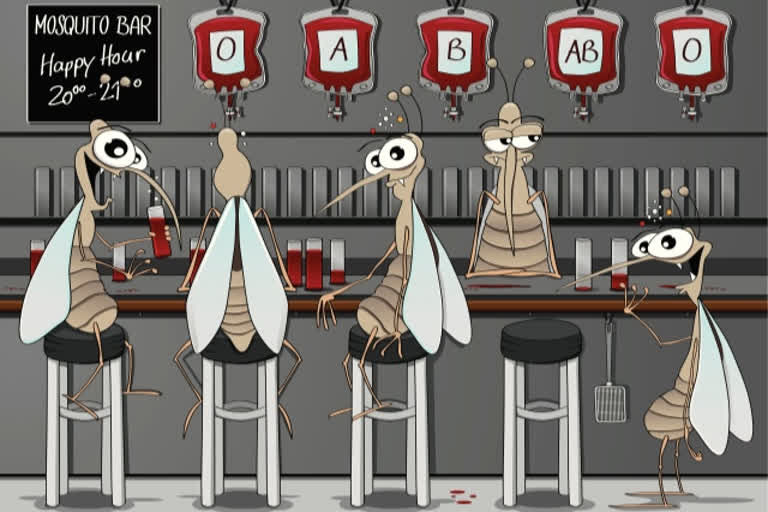Every year, World Mosquito Day is observed on 20th August, to remember Sir Ronald Ross, a British doctor who in 1897 discovered that ‘female mosquitoes transmit malaria between humans. The London School of Hygiene and Tropical Medicine has been celebrating World Mosquito Day annually since the 1930s. The main aim is to spread awareness about the diseases spread by the mosquitoes, specifically Malaria, and how it can be prevented.
The word “Mosquito” is derived from the Spanish word, ‘Musketa’, meaning ‘little fly’. There are more than 3000 species of mosquitoes in the world, however, only 3 of those hold the prime responsibility of disease transmission. These are:
- Aedes: spreading Chikungunya, Dengue fever, Lymphatic filariasis, Rift Valley fever, Yellow fever, Zika
- Anopheles: spreading Malaria, Lymphatic filariasis (in Africa)
- Culex: spreading Japanese encephalitis, Lymphatic filariasis, West Nile fever
Every year, mosquito-borne diseases cause millions of deaths worldwide, need not mention, why they are known as the deadliest animals in the world. However, as much as we want to get rid of these mosquitoes completely, we should not forget that they are an important part of our ecosystem. They are a food source to thousands of animals, birds, and insects.
Mosquito Fun Facts:
- Only the female mosquitoes feed on human blood, while the males feed on plant nectar
- The females require blood for the development of their eggs, therefore, sucking blood from humans and other animals
- Anopheles mosquito breeds in rainwater, seepages, irrigation channels, etc. while the Aedes aegypti can breed in any type of man-made water storage containers
- Anopheles mosquito bites mostly between dusk and dawn, while the peak biting period of an Aedes aegypti are early morning and evening before dusk
- The maximum lifespan of a mosquito is 6 months
- Mosquitoes find their prey by detecting the source of CO2, which animals and humans exhale. They can detect it from 75 feet away.
Myths about mosquitoes, Debunked!
- Mosquitoes feed more on O+ blood group people
According to a study by the United States National Institutes of Health (NIH) on the landing preferences of the Aedes albopictus mosquito, it was found that amongst the blood groups, A, B, AB and O, the mosquitoes were more attracted to people with the blood type O, followed by A-type. However, research is still going on.
Apart from this dark-coloured clothes and higher body temperature can be attractive for mosquitoes.
- Mosquitoes can spread COVID-19
No. Till date, there is no data or evidence which says that COVID-19 can be transmitted through mosquito bites. It is a respiratory disease and is known to spread through droplets from an infected person’s sneeze or cough.
- Scratching a mosquito bite heals it faster
No. Sometimes, scratching an itchy mosquito bite can be soothing, but it doesn’t cure the itch or heal it faster. Instead, you can make it even worse and even spread skin infection. You can use an ice-pack, aloe Vera gel, or calamine lotion.
- Mosquitoes die after biting
No. Unlike some bees, mosquitoes don’t die after biting you. Instead, it will bite many people or maybe you again, to get sufficient blood required for laying eggs.
Therefore, the best way to keep away mosquitoes is to wear light-coloured, loose-fitted clothes that cover your whole body. Do not scratch, get rid of stagnant water, sleep under a mosquito net even during the daytime and ensure proper sanitization in your surroundings.



